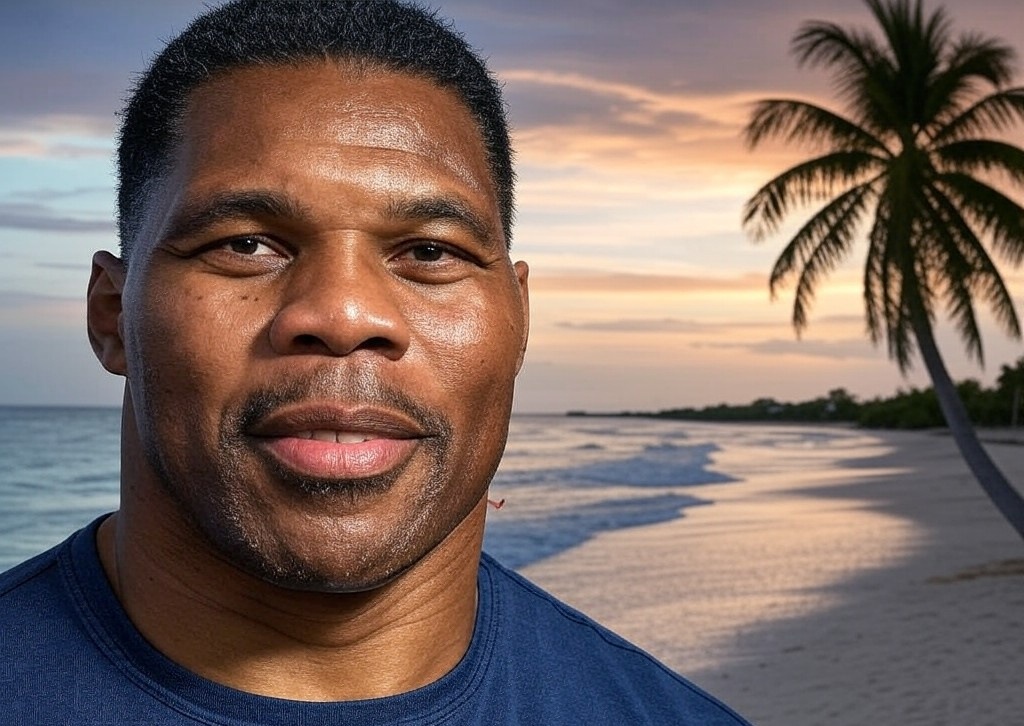The nomination of Herschel Walker as the U.S. ambassador to The Bahamas has sparked significant controversy, particularly regarding his views on climate change. As a nation highly vulnerable to the impacts of global warming, The Bahamas requires an ambassador who can address these challenges with seriousness and informed advocacy. Walker’s history of dismissive and uninformed remarks on environmental issues raises questions about his ability to effectively represent U.S. interests while supporting The Bahamas in its climate-related struggles.
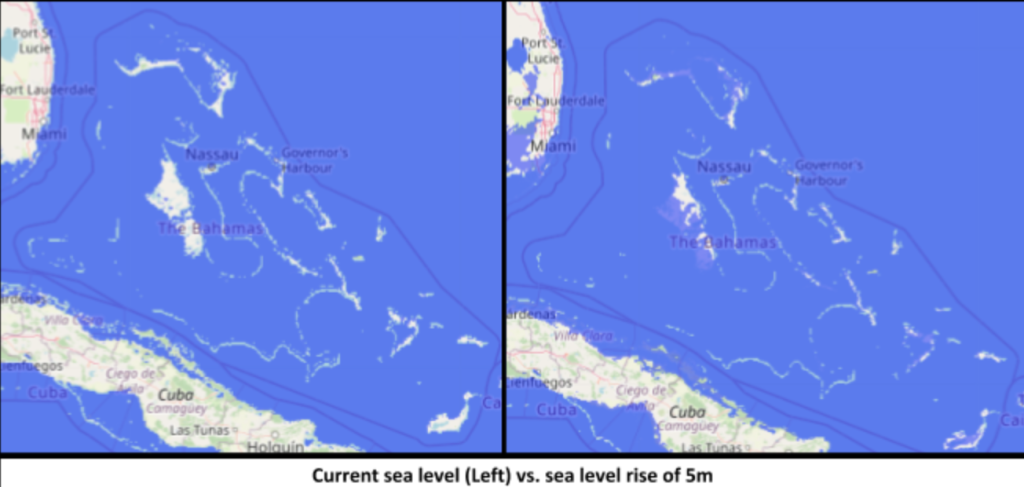
The Bahamas sits within a wet tropical climate region, with temperatures ranging from 26°C (79°F) to 31°C (88°F) year-round. This climate is moderated by the Gulf Stream and Atlantic Ocean currents, which are critical to maintaining its warm waters. These waters not only define The Bahamas as a premier tourist destination but also underpin its marine ecosystem. However, climate change poses severe threats to these natural resources. Sea level rise, driven by thermal expansion and glacier melt, endangers more than half of the population, who live less than 5 meters above sea level. Nassau, the capital, which is the economic hub of the country, is particularly at risk.
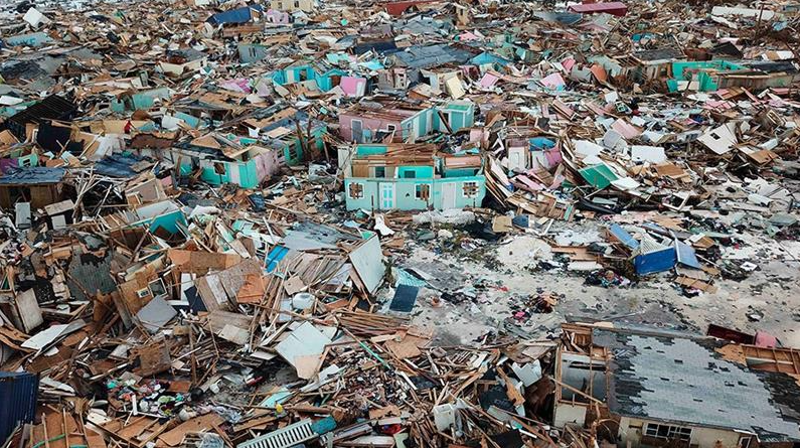
Hurricanes present another significant threat. The Bahamas lies directly in the path of Atlantic hurricanes, with easterly trade winds funneling storms into the archipelago. Climate change has intensified these storms, as warmer surface water temperatures provide the fuel for their growth. Hurricane Dorian (2019) serves as a grim example, causing $3.4 billion in damages and killing an estimated 74 people. According to NASA, weakening trade winds have also caused storms to hover longer over areas, compounding their destructive impact. These realities demand an ambassador who not only understands the science of climate change but also advocates for international cooperation to address its causes and consequences.
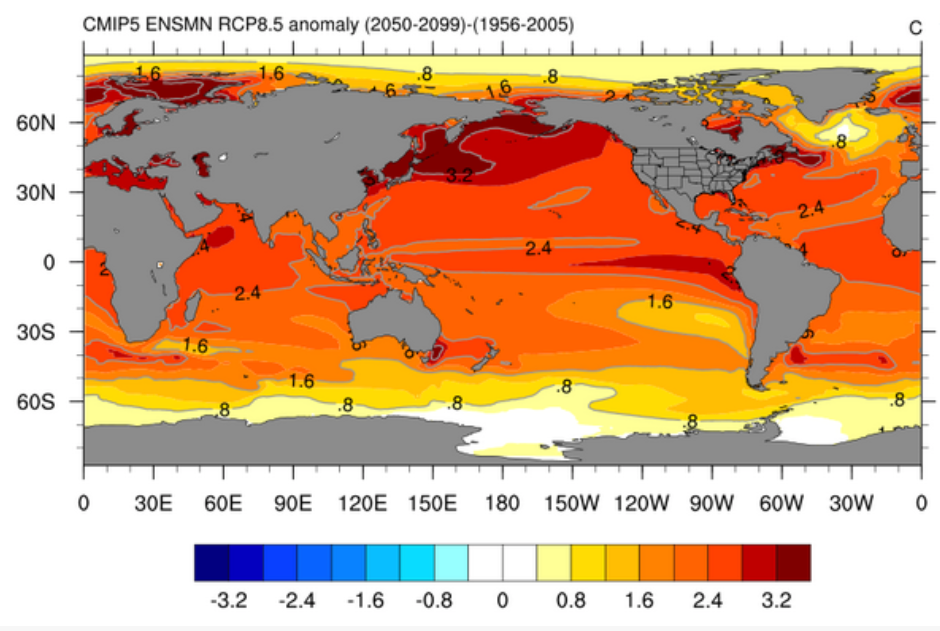
Walker’s statements on climate change, such as dismissing its urgency with remarks about “good emissions” and questioning environmental funding by asking, “Don’t we have enough trees?”, reflect a lack of understanding of these critical issues. The fuel of hurricanes—warm surface waters—is directly tied to the very emissions Walker has downplayed. His cavalier attitude toward environmental science undermines the credibility needed to engage in meaningful diplomacy on these matters.
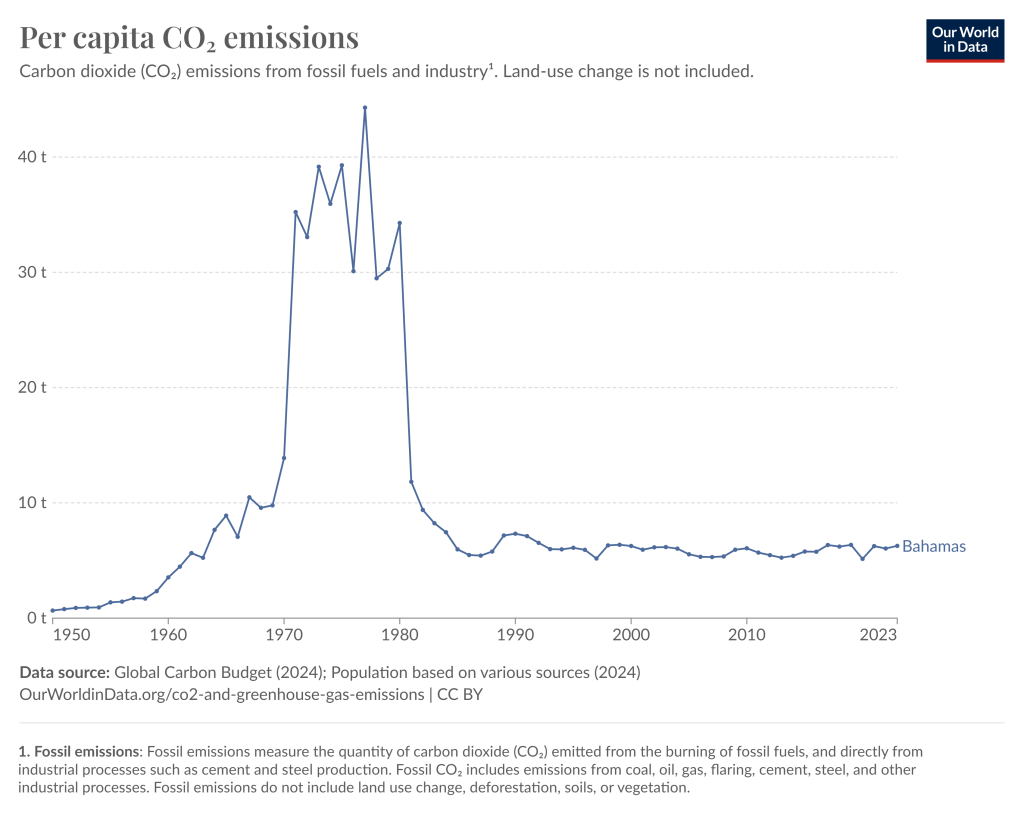
The Bahamas, a nation with negligible contributions to global carbon emissions, suffers disproportionately from the actions of larger polluters like the United States. Ranked 138th out of 213 countries in yearly carbon emissions, The Bahamas faces existential threats due to the behavior of nations Walker would be tasked to represent. This imbalance makes it even more crucial for the U.S. ambassador to prioritize climate action and advocate for global accountability.
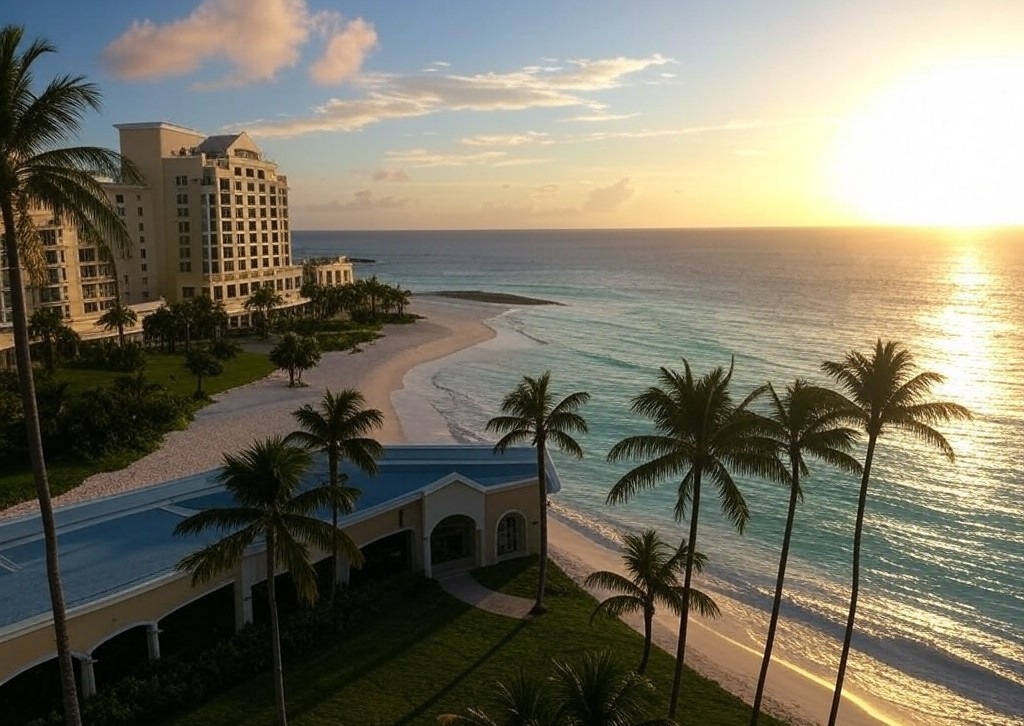
Economic impacts further highlight the stakes. Tourism accounts for 60% of the Bahamian GDP, with resorts and infrastructure located primarily along vulnerable coastlines. A rise in sea levels or an increase in hurricane intensity could decimate this industry, resulting in mass job losses and economic collapse. Fisheries, another key economic sector, are also at risk due to warming waters and disrupted marine ecosystems.
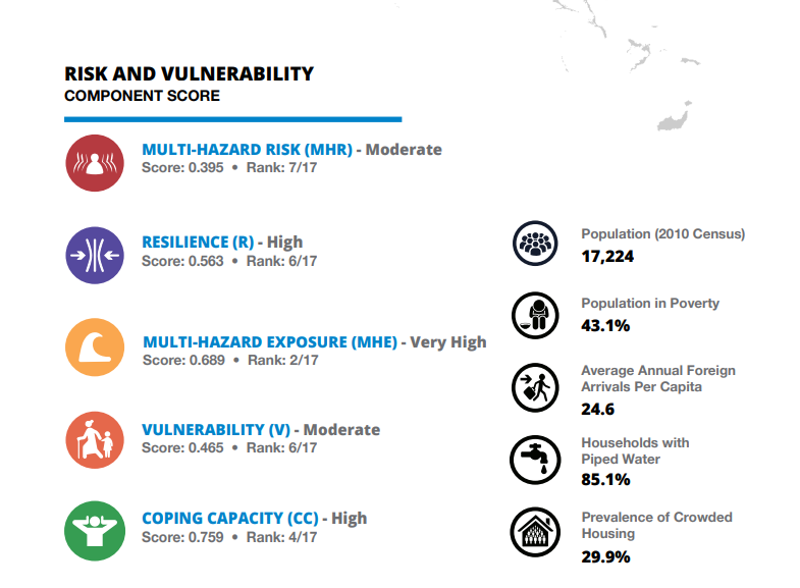
Socially, the consequences of inaction are equally dire. Over 175,000 Bahamians live less than 5 meters above sea level, and many face displacement as rising seas encroach on habitable land. Poverty exacerbates these vulnerabilities, with 12.5% of the population living below the poverty line. The combination of economic, social, and environmental pressures demands leadership equipped to navigate these challenges—a quality Walker’s record does not inspire confidence in.
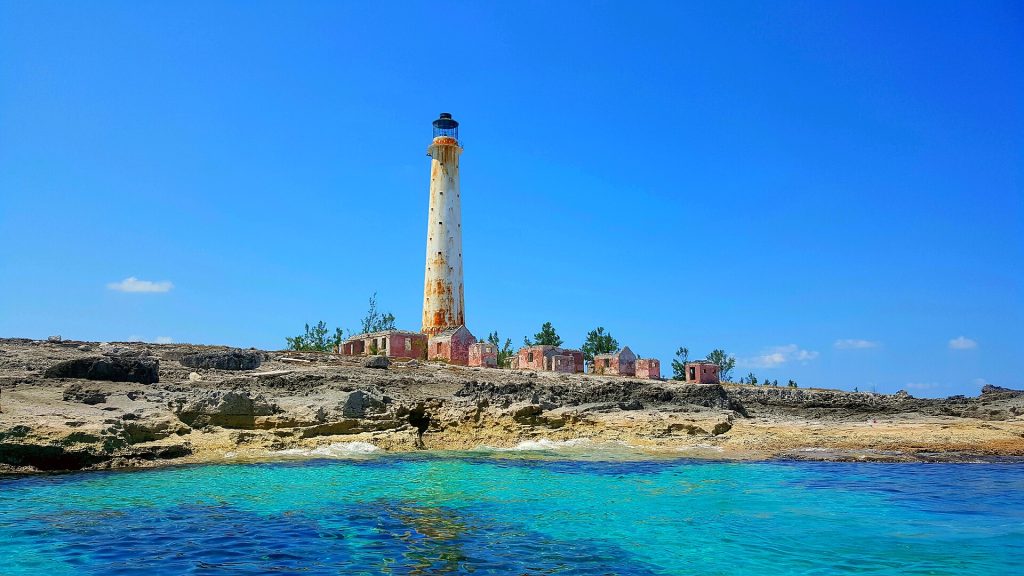
Source: Michael S. King
Walker’s nomination is emblematic of a troubling trend in U.S. diplomatic appointments that prioritize political loyalty over competence. While ambassadorships have historically been used as political rewards, the position of U.S. ambassador to The Bahamas is too critical to be treated as such. The nation’s survival depends on urgent climate action and international support, and Walker’s dismissal of these realities makes him an ill-suited choice for the role.
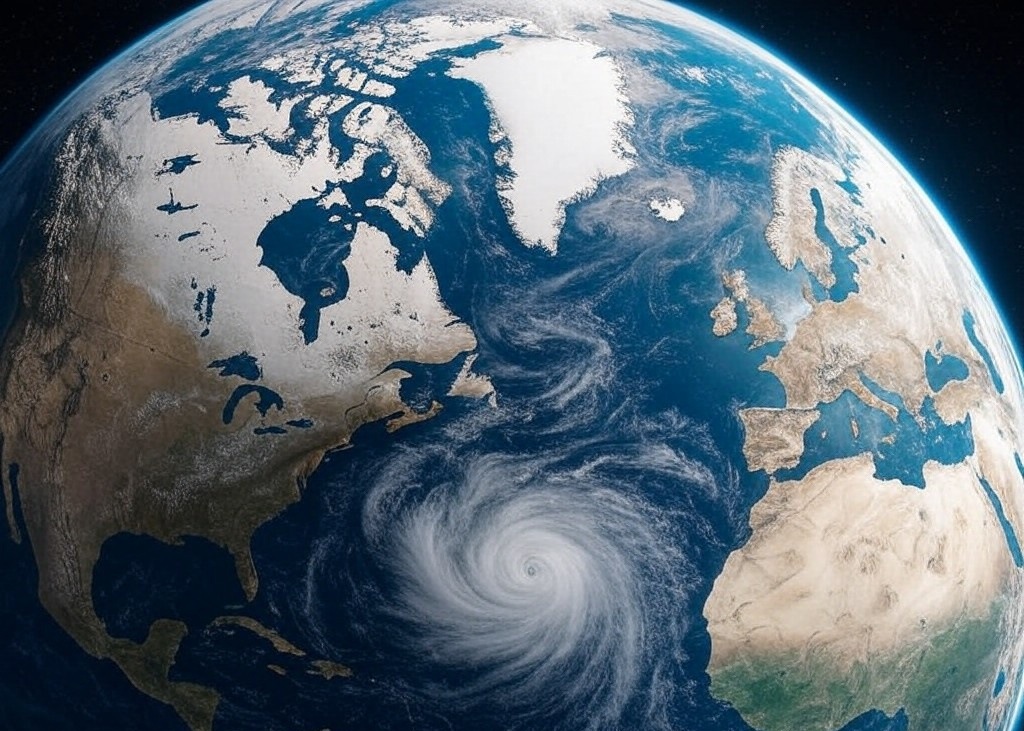
The U.S. ambassador should be a champion for The Bahamas in its fight against climate change, fostering collaboration and advocating for policies that address both immediate and long-term challenges. Herschel Walker’s nomination raises serious doubts about whether he can fulfill these responsibilities. At a time when climate change poses an existential threat to nations like The Bahamas, leadership rooted in science and seriousness is not just preferable—it is essential.

